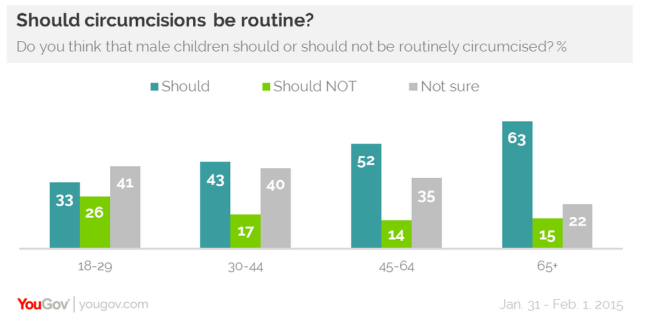A reader brings a personal touch to this topic:
This subject is near-and-dear to my heart. I was a college athlete who never had to even think about what I ate to maintain low bodyfat. Then my workouts dropped to, say, 20% of what I had been doing when I stopped playing college bball and started working a full-time job. Typical story, I guess. The pounds crept on slowly, 5-10 a year, until, at 29, I was 50 pounds overweight. The weight came slowly but the realization came suddenly. I remember the first time I went to the beach and felt hesitation about taking my shirt off. Within a month, I was cringing every time I looked at myself shirtless in the mirror. I wasn’t obese, but I was fat, and I just didn’t like it, at all.
So I started doing actual research into what makes people fat, and it turns out, it’s not actually lack of exercise.
A sedentary lifestyle makes you very unhealthy, but it doesn’t really make you fat. The composition of your body is ~80% diet, ~10% exercise, and ~10% genetics. Upon realizing this, I started getting my diet under control. As a part of that, I started counting calories, and which macronutrients (protein, carbs, and fats) I was getting those calories from.
Two years later, I am down 60 lbs, ~11% body fat, and I will count calories every single day for the rest of my life. Far from a marker of female vanity, knowing what you are putting in your body should be one of the basic life skills that every single person possesses. The idea that people are shoving food into their mouths without even thinking about what’s in it or how much they’re eating is, when you think about it, insane.
Would people do that with their cars? Would they just start throwing into the tank different kinds of gas and oil and anything that looks like gas or someone told them was gas, without even keeping track of what they were putting in or how much? Of course not! That would be a crazy way to treat a valuable thing like a car. And it’s even crazier to treat your body that way. I’m not judging people who do; I did for a long time. But, when you think about it, it’s wild that people do that so blithely.
We have a food problem in this country. It’s destroying our health. It’s making people depressed. It’s going to cost us billions in health care over the coming decades. In order to solve this problem, we’re going to have to confront some basic realities that are currently being ignored. Such as: 1) The fast food joints and related businesses that litter out neighborhoods are actually selling poison. It seems strange, because they’re everywhere and advertise on TV, but that’s literally true. It’s a slow-acting poison, but if you keep putting it in your body, it makes you fat, unhappy, sick, and eventually dead. 2) Regular soda is the worst offender of all. And 3) It is crazy to go through life without tracking the fuel that you’re putting in your body.
Thanks as always for airing frank discussion.
Update from a reader:
I’d like to echo from a different perspective the former college athlete on the junk we put in our bodies. Eight years ago, when I was 54, I was told at my annual physical that I was diabetic. I didn’t fit the typical criteria for Type 2; in fact, I had just mysteriously dropped about 12 pounds. I went home from that appointment thinking, “What the hell do I eat now?”
Fewer carbs, of course, and just less. I put less on my plate to begin with, and found that I’d be fine without going back for seconds. No more “finishing off the last bits so there are no leftovers”. No desserts. (This from someone who definitely had a sweet tooth.) It sounds grim, but it wasn’t. We’re good cooks, and we make most things from scratch anyway. It gradually dawned on me that most carbs are just filler, and knowing that I was poisoning my body by eating them reduced their appeal significantly. (Potatoes and New Haven-style pizza excepted.)
It turned out I was Type 1, with my insulin production gradually declining. By the time I finally had to start taking insulin, four years later, I had lost another 25 pounds. Everyone thought I was too thin. I gained back about 15 pounds once I started on insulin, and it’s been steady for the last three years.
I believe everyone should eat like a diabetic.






